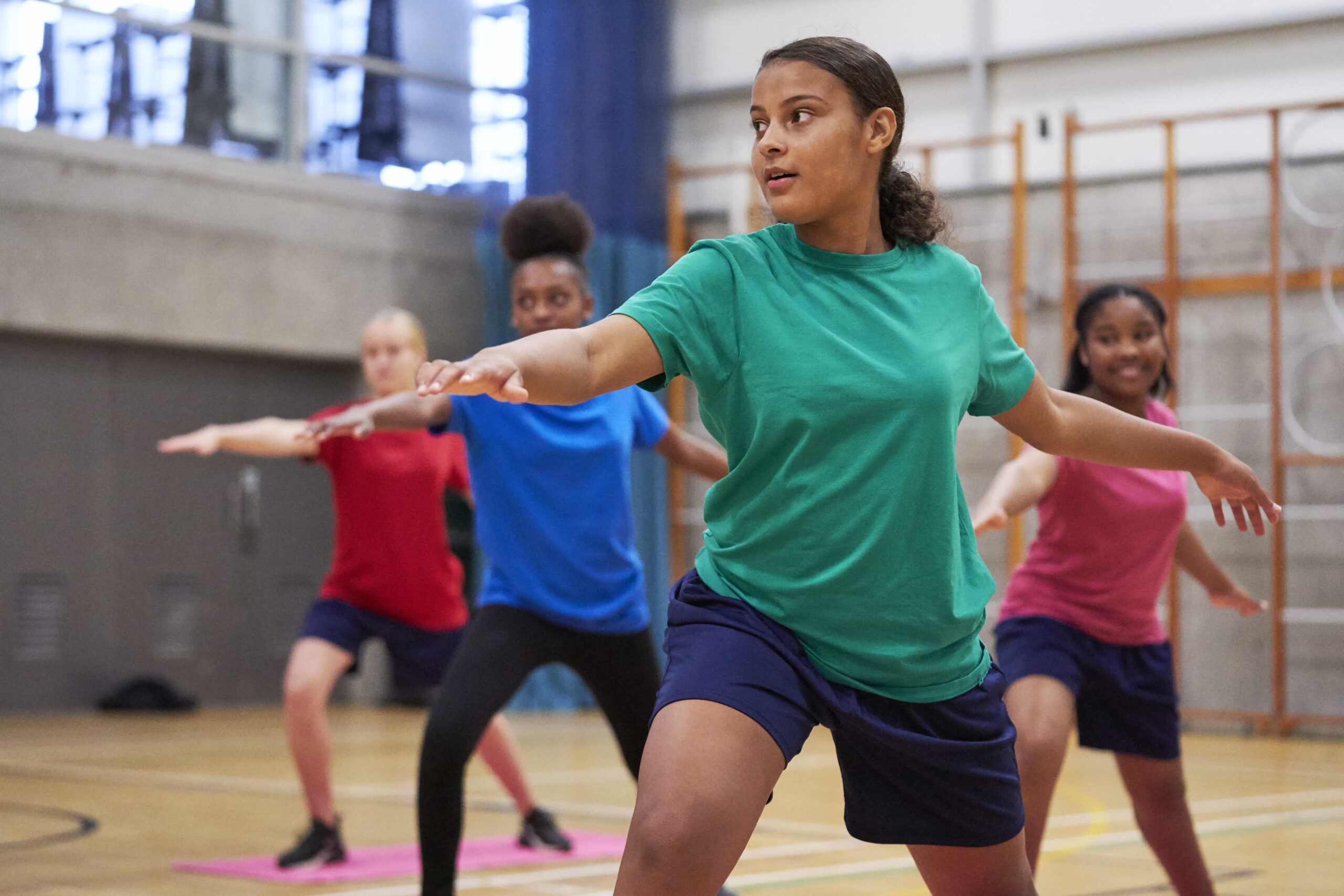
The latest Active Lives survey results were published by Sport England today (7 December 2023) and they reveal that the overall activity levels for Children and Young People (CYP) are stable, as the initial recovery from the pandemic was maintained.
While this stability is positive, these results, which cover the 2022 to 2023 academic year, do mean that only 47% of those surveyed are meeting the Chief Medical Officer’s guidelines of taking part in an average of 60 minutes or more of sport and physical activity every day.
Today’s findings also reinforced that participation in sport and physical activity varies greatly. Significant inequalities remain in activity levels, with Black (40%) and Asian (40%) children and young people, and those from the least affluent families (44%), still less likely to play sport or be physically active than the average across all ethnicities and affluence groups. Girls (44%) are also less likely to be active than boys (51%).
Andy Taylor, CEO for the Active Partnerships National Organisation, which connects, strengthens and enables the nationwide Active Partnerships network, shared his thoughts on the results:
“While it is good to see that activity levels for children and young people have remained stable, the results of this latest survey continue to highlight that there is clearly more work that needs to be done, and detailed analysis needs to take place to help understand why there hasn’t been an increase in activity levels in the last 12 months.
“Familiar inequalities have also once again been highlighted in the report and all relevant partners and stakeholders need to consider the current approach to tackling these, and to look at fresh new approaches to help breakdown these barriers.
“It is vital for both physical and mental wellbeing that every child has the opportunity to be active, and we believe that the Active Partnerships network has an important role to play in helping to achieve this ambition.
“The 43 organisations that make up the network are already doing important work to connect their communities and the crucial role that they play has recently been further reinforced by Sport England’s announcement of a major £250 million expansion of its place-based work, vital funding which will be invested through the Active Partnerships network.
“The Government’s Physical Activity Taskforce, which was set up following the publication of the Get Active strategy, meets again next week, and this meeting will rightly focus on the collective action that needs to be taken to help bring about an increase in activity levels for children and young people. I look forward to attending this meeting and working with the organisations and multiple Government departments represented, to help bring about the changes that we all want to see.”
The survey results do also reveal a number of positive stories, including that 68,000 (1.5%) more girls are playing football since the Lionesses won Euro 2022. There are now 845,000 girls playing the game in England, an increase of 176,000 (4%) since the 2017-18 academic year.
There are also one million (11.5%) more children and young people walking, cycling or scootering to get places than there were five years ago (academic year 2017-18), as increases in active travel during the pandemic have been maintained since society returned to normal.
Tim Hollingsworth, CEO of Sport England, reacted to the survey findings:
“While today’s figures reveal some positives and is further evidence of our sector’s ability to recover from the pandemic, they also underline how much more work there is to do to get our children and young people active.
“The fact that fewer than half are meeting the Chief Medical Officers’ guidelines demonstrates the scale of challenge facing our country.
“Too many children and young people are missing out on the benefits of living an active life – to their physical health but also mental wellbeing and positive social connection with friends and their community. We can see in the data published today: the more active the young person, the more positive their attitude towards sport and physical activity is likely to be.
“This underlines the need for more action – and greater concerted focus across Government departments, as well as across the sport and physical activity sector, and we welcome the launch of the new Physical Activity Taskforce, which meets next week, as a chance for this action to be debated.”
Find out more about Tim’s thoughts on the Active Lives survey results here.